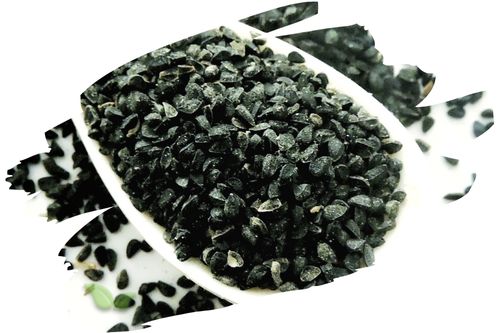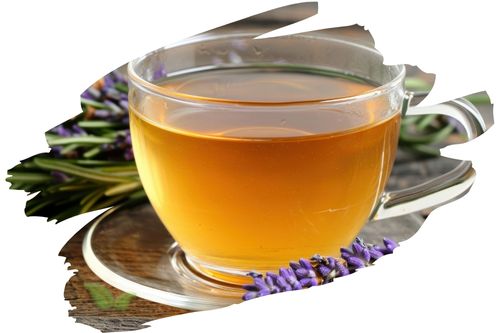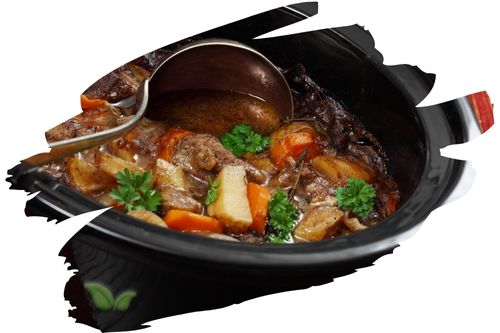
Introduction
Curry is a beloved culinary delight that has transcended borders, captivating taste buds worldwide. At the heart of this flavorful experience lies curry powder, an essential ingredient that adds depth and character to dishes. In this article, we explore the intriguing world of curry powders, offering insights into their unique characteristics and applications. Join us on this aromatic journey as we delve into Different Types of Curry Powder Explained.
The Essence of Curry Powder
Curry powder, often regarded as the "spice of life," is a blend of various ground spices that originated in the Indian subcontinent. Each type of curry powder is a harmonious fusion of different ingredients, resulting in a distinctive flavor profile. Let's take a closer look at some popular varieties:
1. Indian Curry Powder
- Aromatic Blend: Indian curry powder boasts a complex blend of cumin, coriander, turmeric, and more, creating a rich, earthy aroma.
- Applications: Ideal for traditional Indian dishes like tikka masala, curry powders from India are versatile and provide a warm, robust flavor.
2. Thai Curry Powder
- Vibrant and Spicy: Thai curry powders are renowned for their fiery kick, featuring ingredients such as lemongrass, galangal, and red chili.
- Applications: Perfect for crafting tantalizing Thai curries, these powders infuse dishes with a zesty, exotic flair.
3. Jamaican Curry Powder
- Tropical Sensation: Jamaican curry powder is a delightful blend of allspice, thyme, and scotch bonnet peppers, delivering a taste of the Caribbean.
- Applications: Elevate your Caribbean cuisine with this spicy, aromatic blend.
4. Japanese Curry Powder
- Mild and Sweet: Japanese curry powder is milder and sweeter, featuring ingredients like cinnamon and cloves.
- Applications: A staple in Japanese cuisine, it's used to create the beloved Japanese curry rice.
5. Madras Curry Powder
- Bold and Hearty: Madras curry powder is known for its bold, intense flavor, thanks to ingredients like mustard seeds and fenugreek.
- Applications: Perfect for adding depth to South Indian curries and stews.
6. Smoked Curry Powder
- Smokey Goodness: This variety adds a smoky dimension to dishes with the infusion of smoked paprika and other smoldering spices.
- Applications: Ideal for grilled meats and barbecue-inspired recipes.
FAQ
What is the origin of curry powder?
Curry powder originated in India and was initially created by British colonialists as a convenient way to replicate the flavors of Indian cuisine.
How can I store curry powder for maximum freshness?
To maintain its flavor, store curry powder in an airtight container in a cool, dark place away from direct sunlight.
Are there any health benefits associated with curry powder?
While curry powder is primarily used for its flavor, some of its ingredients, like turmeric, are known for their potential health benefits.
Can I make my own curry powder blend?
Absolutely! Experiment with different spices and herbs to create a personalized curry powder blend that suits your taste.
Are there vegetarian curry powder options available?
Yes, many curry powders are vegetarian-friendly, as they are made solely from spices and herbs.
Can I use curry powder in non-traditional recipes?
Certainly! Get creative and use curry powder to add a twist to soups, sauces, and even baked goods.
Conclusion
Different Types of Curry Powder Explained. do not give health benefits. Each variety offers a unique culinary adventure, allowing you to explore diverse flavors and create mouthwatering dishes. Whether you prefer the fiery kick of Thai curry or the warmth of Indian curry, these powders are sure to elevate your cooking experience. So, go ahead, spice up your culinary journey with the magic of curry powders!
Alert: While spices can have many beneficial properties for health, using them for medical purposes should be done under the guidance and supervision of a healthcare professional or specialist. Some spices may interact with medications or cause adverse reactions in certain individuals, and it is important to use them safely and appropriately. If you are considering using spices for a medical condition, it is important to consult with a healthcare professional before doing so.




















































